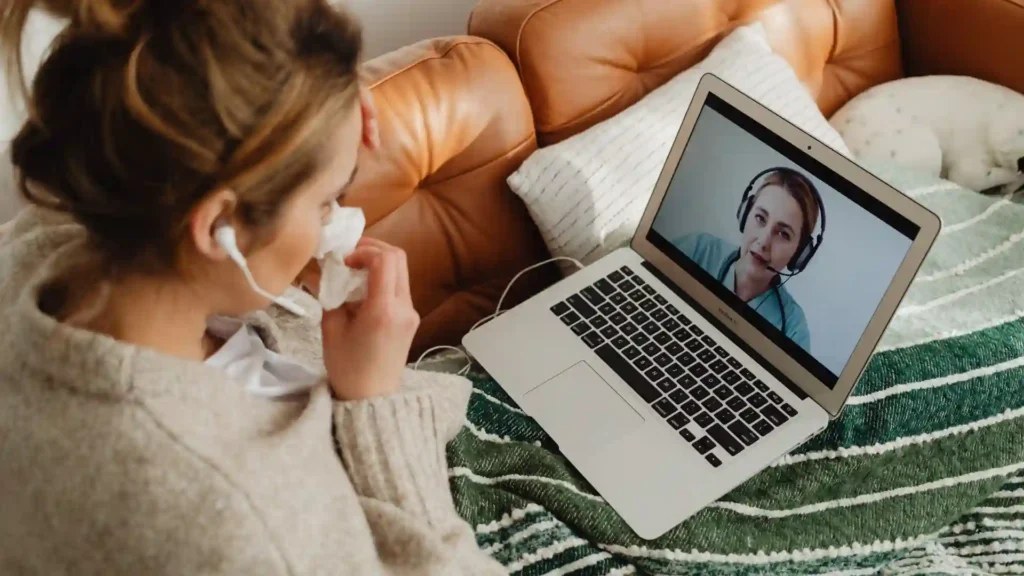Living with panic disorder can feel unpredictable and overwhelming. Panic attacks often strike suddenly, bringing racing thoughts, a pounding heart, dizziness, or the fear that something terrible is happening. These episodes can make even everyday activities feel daunting. At Reverent Health Psychiatry, we understand the toll panic disorder takes on daily life. We’re here to provide accessible, compassionate telehealth care in New York and Tennessee so you don’t have to face it alone.

What is Panic Disorder?
Panic disorder is an anxiety condition marked by recurrent panic attacks and persistent worry about future episodes. These attacks may last minutes but feel intense and frightening, often leading people to avoid situations where they fear another attack might occur.
Panic Disorder Symptoms
Panic disorder is characterized by the following common symptoms –
- Physical Symptoms
- Rapid heartbeat or palpitations
- Shortness of breath or feeling smothered
- Chest pain or tightness
- Sweating, chills, or hot flashes
- Trembling or shaking
- Nausea, dizziness, or faintness
- Numbness or tingling sensations
- Cognitive & Emotional Symptoms
- Intense fear of losing control or “going crazy”
- Fear of dying during an attack
- Feeling detached from reality (derealization) or from oneself (depersonalization)
- Behavioral Symptoms
- Avoidance of places or situations where panic attacks have occurred
- Worry about future attacks or their consequences
- Reduced participation in daily activities due to fear of triggering symptoms
Treatment Options for Panic Disorder
- Medications like SSRIs, SNRIs, or short-term anti-anxiety medications.
- Coping strategies such as breathing exercises, mindfulness, and grounding practices.
- Supportive therapy to address avoidance patterns and reduce fear of attacks.
- Lifestyle guidance around sleep, nutrition, and stress management.
How Reverent Health Psychiatry Can Help Treat Panic Disorder
Our telehealth approach offers relief and guidance through:
- Personalized medication management to help reduce the frequency and intensity of panic attacks.
- Brief supportive therapy focused on grounding techniques, relaxation skills, and building confidence in handling symptoms.
- Trauma-informed and holistic care that considers underlying factors contributing to panic.
- Referrals to specialized therapy (such as CBT or exposure therapy) if longer-term treatment is beneficial.
Take back control from panic attacks
Schedule a virtual consultation today with Reverent Health Psychiatry.

